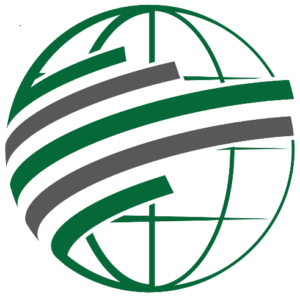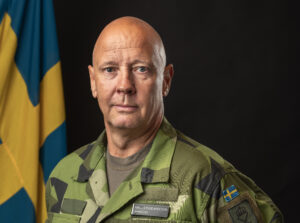Global Defense & Security Fund's (GDS) objective is to give our unit holders an exposure to what we consider to be the most interesting defense and security companies in the world. To give an insight into how we reason when we build the portfolio and which rules we must relate to given the fund's legal format, we have summarized below the most important aspects.
- Company selection - To find the companies that will be the fund's holdings, we follow an analysis process that we call global intelligence. This process combines the expertise and experience that exists in the fund's investment and financial team. The investment team consists of a group with a total of 50 years of experience from the defense and security industry. The group gives a unique insight into the trends that characterize the industry and can thus give their views on which companies are best positioned to benefit from these trends. The financial team contributes with the financial analysis and makes a qualified assessment of the companies' valuation and key figures.
- portfolio Weights - The weight that each company should have in the portfolio is determined partly by our overall assessment of the company and its share and partly by rules surrounding the fund. Since the fund is a UCITS fund, some rules are linked to this format. Among other things, it is stipulated that an individual holding may not constitute more than 10 per cent of the portfolio. In addition to the UCITS rules, in the fund's prospectus, we have stated that the fund shall consist of at least 51 per cent of large company shares in the defense sector. This is to ensure that the fund's risk level does not become too high.
- Ethical screening - The GDS Foundation believes in complying with the most stringent ethical standards. That is why we have developed a policy of our own to ensure that we follow, and in some parts go further than, the UN conventions. The fund also follows similar guidelines and regulations that the Swedish Ministry of Defense has. We ensure that the companies in which the fund invests comply with international law and have a trading history with the Swedish government or the European Union. The fund thus avoids investing in companies where a significant part of the turnover comes from controversial weapons, such as weapons of mass destruction, cluster bombs and mines.
How does the fund's holdings look today?
The fund is made up of a core of large global defense companies. In June, the biggest positions were Lockheed Martin, Northrop Grumman, General Dynamics, Booz Allen Hamilton, Raytheon and Saab. All of these companies believe we have good prospects with growing sales trends. At the same time, they offer a relatively high dividend, on average they have a yield of 1.78 per cent, while the corresponding figure for the portfolio as a whole is 1.55 per cent.

In addition to these large defense giants, which make up about half the portfolio, the fund invests in a selection of shares in defense, homeland security and niche IT security companies. The defense companies have a similar profile to those in the core portfolio, homeland security is made up of companies that have large government contracts, among other things within IT infrastructure, while the niche IT companies are those that develop products and services in cyber security. Within homeland security, the fund has, among other things, an exposure to Mantech (currently 4.5 percent of the portfolio). As far as the IT companies are concerned, we focus on those who have government customers or who are indirectly exposed to government purchases. It is a way to increase the predictability of these companies' revenues as they operate within an industry that is still relatively immature and difficult to assess.



